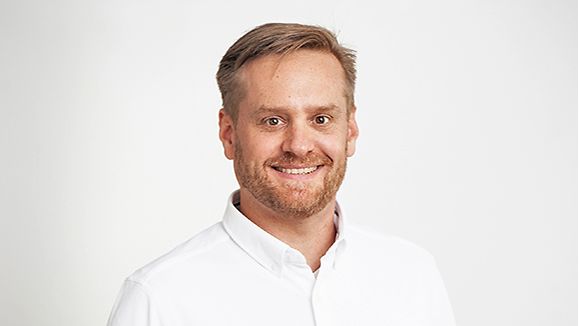Your company is already operating in Germany and you would now like to export worldwide?
Contact Us
Contact Us
- Follow us on
© 2026 Germany Trade & Invest
All rights reserved. Any reproduction in whole or part only with express written permission. All efforts are made to ensure integrity of the content, however we are not liable for any mistakes that may occur.
© 2026 Germany Trade & Invest
Promoted by Federal Ministry for Economic Affairs and Energy in accordance with a German Parliament resolution.
AI-Assist
Consent to Statistics Tracking and Terms of Use
To improve our chatbot, we collect usage data, including IP addresses. Data processing is carried out via Microsoft Azure in data centers located within the EU. The data is used exclusively for statistical purposes and is deleted after 90 days. By using the AI search, you agree to our Terms of Use.
